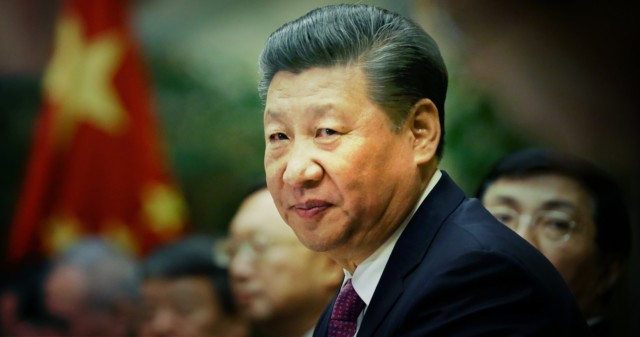It was October 2013 when Chinese President Xi Jinping proposed the Maritime Silk Road – now part of Beijing’s One Belt One Road initiative.
The overall goal was to connect China’s landlocked western provinces with Southeast Asia and the Middle East.
After that came the establishment of the Asian Infrastructure Investment Bank, designed to boost ties in the region. And while the degree and nature of China’s importance may vary among ASEAN countries, China has become an important economic partner, with trade jumping from $60 billion in 2003 to over $500 billion 11 years later.
For more information, CGTN’s Han Peng reports.
Tonight’s panel takes a look at the economic success and the growing role China is taking throughout Asia:
- Richard Javad Heydarian, a teacher at De La Salle University in Manila where he specializes in Asian geopolitics and economic affairs
- Ei Sun Oh, principal adviser at Malaysia’s Pacific Research Center
- Qinduo Xu, political analyst with China Radio International
- Sourabh Gupta, resident senior fellow at the Institute for China-America Studies


For more:
The AIIB and China's growing contribution to global finance for development https://t.co/QtDIvwyZ6y
— David Morris (@dm_1Earth) February 1, 2017
CRI’s commentator Xu Qinduo talks about China’s influence on global financial governance and #G20’s impact on #China pic.twitter.com/SIiXYteWJE
— CGTN Radio (@CGTNRadio) September 2, 2016
Given US #TPP pullout, #China must lead Asia-Pacific toward greater free trade. @ei_sun_oh https://t.co/OwDqTtUbNF pic.twitter.com/McgGxfKek2
— Global Times (@globaltimesnews) December 5, 2016
Richard Heydarian examines China’s security doctrine and ever-growing economic clout #chinesepolitics https://t.co/TotUJu7b75 @ZedBooks pic.twitter.com/o7H8A2KmNH
— Bloomsbury Politics & Area Studies (@BloomsburyPol) February 3, 2017
 CGTN America
CGTN America
 President Xi Jinping
President Xi Jinping
